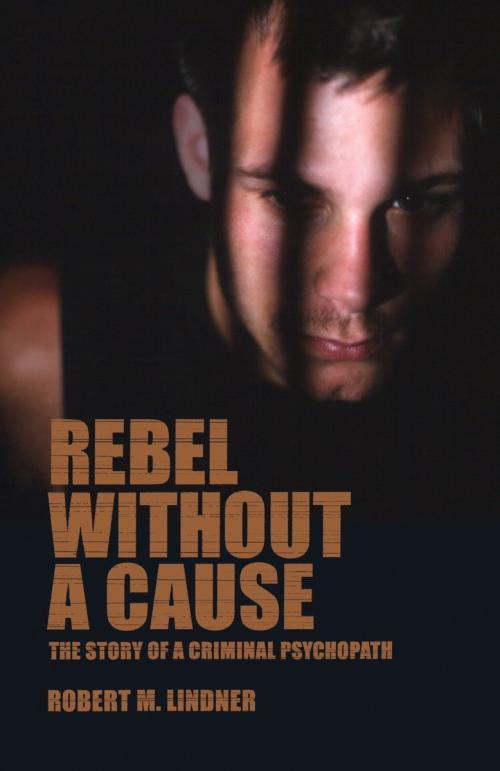Robert Lindner’s 1944 classic Rebel Without a Cause follows the successful analysis and hypnosis of a criminal psychopath, Harold. In full transcriptions of their forty-six sessions, Lindner takes his patient into the depths and recesses of his childhood memories. Plumbing the free-associative monologues for clues to unlock the causes of Harold’s criminal behavior, Lindner portrays a man cut off from himself and unable to attach himself to others.
Lindner reveals to Harold long-hidden incidents from his infancy and childhood that served to propel him toward a troubled and chaotic adulthood, full of armed robbery, break-ins and random sexual encounters. With care and diligence, patient and analyst begin to excavate events from Harold’s childhood and reconstruct them as a foundation for analysis.
Heralded as a classic upon its publication, Rebel Without a Cause is the tale of a masterful analysis that is still relevant today, against the complex issues of sanity, rehabilitation, and crime that resonate in our legal system.

